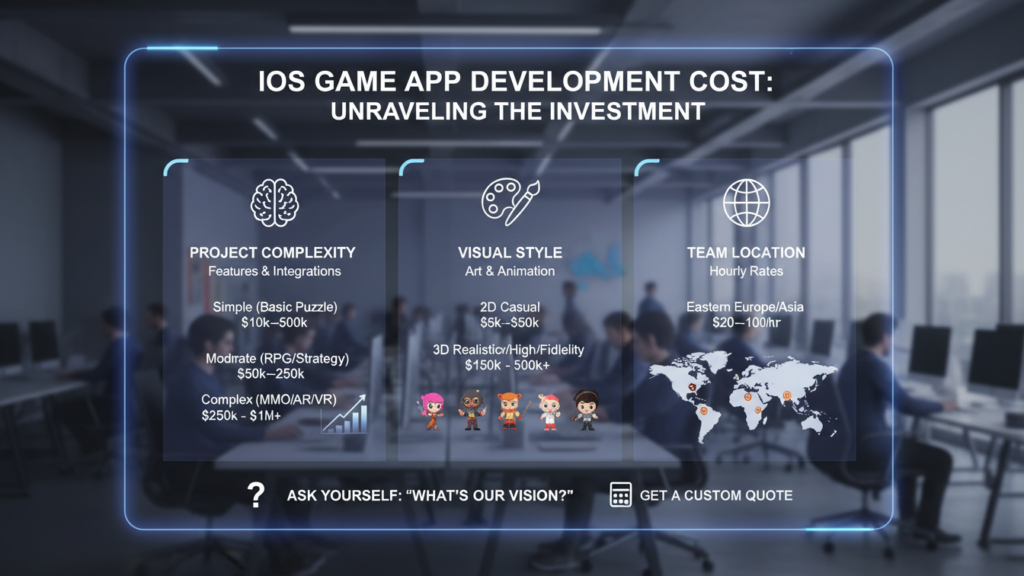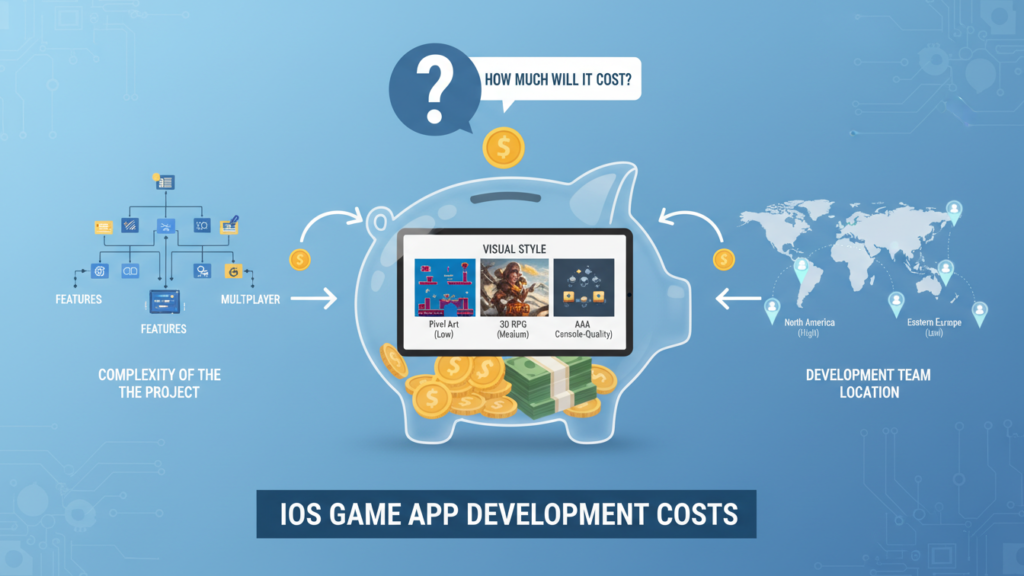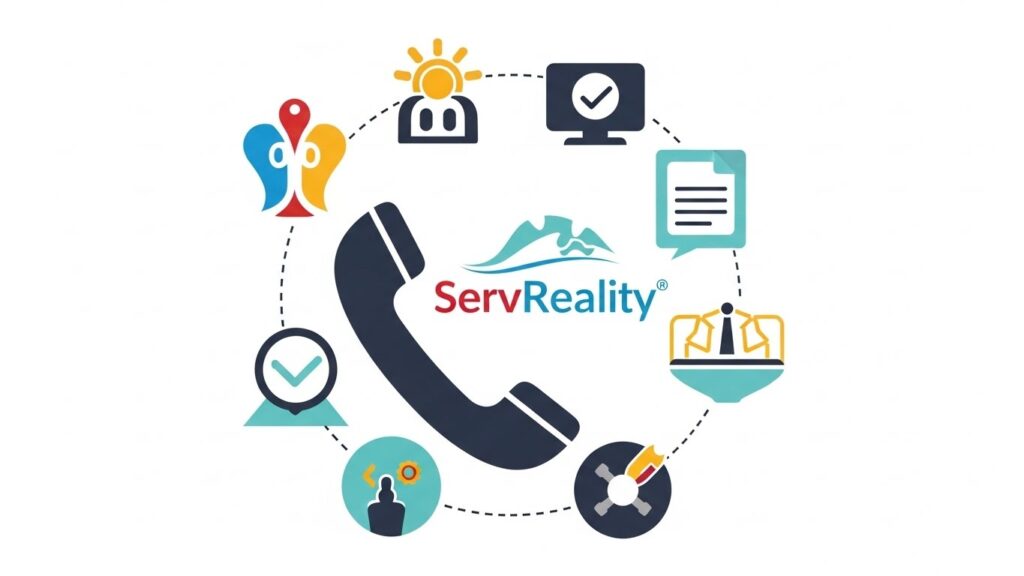Introduction
The digital landscape is constantly evolving, and website and app developers need to keep up with the changes to remain relevant. With the rise of mobile devices, social media platforms, and cloud-based technologies, there are now more opportunities than ever for businesses to connect with their customers. However, this also means that competition is fierce, and developers need to be skilled in navigating the complex digital landscape.
1. Understand Your Audience
The first step to developing an effective website or app is to understand your target audience. This involves researching their needs, preferences, and behaviors. Developers should also consider factors such as age, gender, location, and language when designing their website or app. By understanding your audience, developers can create a user-friendly experience that meets their needs and preferences.
2. Choose the Right Platform
The next step is to choose the right platform for your website or app. This involves selecting the appropriate technology stack, programming languages, and development tools. Developers should also consider factors such as scalability, security, and cost when choosing a platform. For example, if you are developing an e-commerce website, you may want to use a platform that is optimized for online transactions and has built-in security features.
3. Focus on User Experience
User experience (UX) is critical to the success of any website or app. Developers should focus on creating a seamless user experience that is intuitive, easy to navigate, and visually appealing. This involves designing an interface that is optimized for mobile devices, ensuring that the website or app loads quickly, and providing clear and concise content. By focusing on UX, developers can create a website or app that keeps users engaged and encourages them to return.
4. Optimize for Search Engines
Search engine optimization (SEO) is essential for any website or app that wants to attract traffic from search engines. Developers should focus on optimizing their website or app for relevant keywords, using meta tags and descriptions, and creating high-quality content that is optimized for search engines. By doing this, developers can improve their website’s ranking in search engine results pages (SERPs) and attract more traffic to their site.
5. Leverage Social Media
Social media platforms are an excellent way to connect with your target audience and promote your website or app. Developers should leverage social media by creating profiles on popular platforms such as Facebook, Twitter, and Instagram, and sharing high-quality content that is relevant to their audience. By doing this, developers can increase brand awareness and drive traffic to their website or app.
6. Use Analytics to Track Performance
Analytics tools are essential for tracking the performance of your website or app. Developers should use analytics tools such as Google Analytics to monitor key metrics such as page views, bounce rates, and conversion rates. By doing this, developers can identify areas where their website or app needs improvement and make data-driven decisions to optimize its performance.
7. Stay Up-to-Date with the Latest Technologies
Finally, developers need to stay up-to-date with the latest technologies and trends in web and app development. This involves attending conferences and workshops, reading industry publications, and participating in online forums and communities. By staying informed about the latest developments, developers can incorporate new technologies and trends into their website or app, giving them a competitive edge in the digital landscape.
Summary
Navigating the digital landscape can be challenging, but with these essential insights, website and app developers can succeed. By understanding their audience, choosing the right platform, focusing on user experience, optimizing for search engines, leveraging social media, using analytics to track performance, and staying up-to-date with the latest technologies, developers can create a website or app that connects with customers and drives business growth. With these insights in mind, developers can navigate the digital landscape effectively and stay ahead of the competition.
FAQs
What is the importance of understanding your audience in web and app development?
Understanding your audience is critical to the success of any website or app. It involves researching their needs, preferences, and behaviors, and designing an interface that is optimized for them. This ensures a seamless user experience that meets their needs and encourages them to return.
What are some of the key factors to consider when choosing a platform for a website or app?
Some of the key factors to consider when choosing a platform for a website or app include scalability, security, cost, and optimization for specific use cases such as online transactions. Developers should also consider the ease of development and maintenance of the platform.

How can social media be leveraged in web and app development?
Social media platforms can be leveraged by creating profiles on popular platforms such as Facebook, Twitter, and Instagram, and sharing high-quality content that is relevant to their audience. By doing this, developers can increase brand awareness and drive traffic to their website or app.
What are some of the key metrics to track in web and app development using analytics?
Some of the key metrics to track in web and app development using analytics include page views, bounce rates, conversion rates, and user behavior. By monitoring these metrics, developers can identify areas where their website or app needs improvement and make data-driven decisions to optimize its performance.



